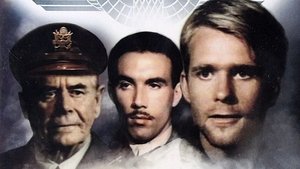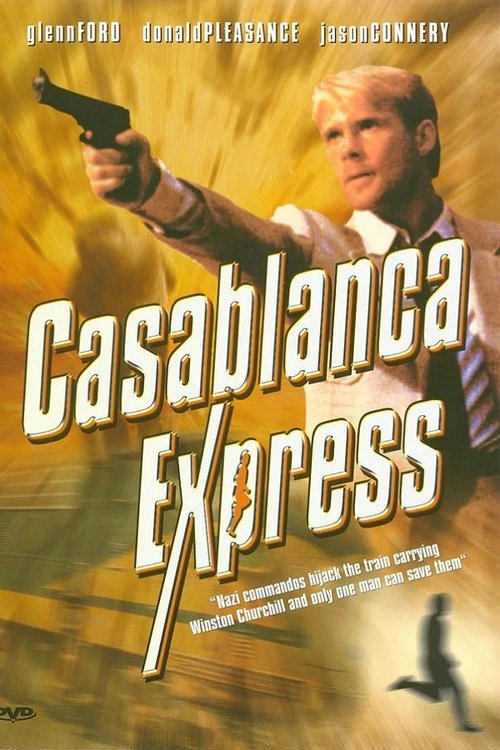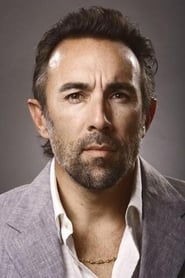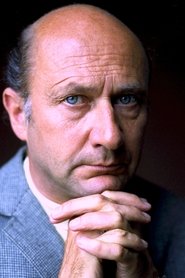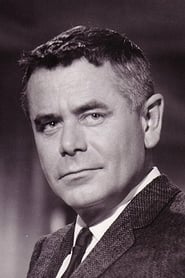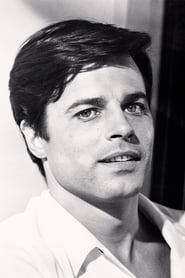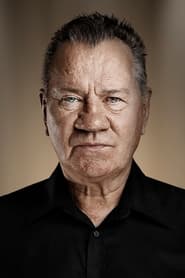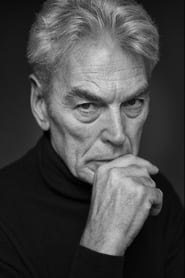Cast
View AllJason Connery
as Alan Cooper
Francesco Quinn
as Captain Franchetti
Donald Pleasence
as Colonel Bats
Glenn Ford
as Major Gen. Williams
Luisa Maneri
as Nanny
Jinny Steffan
as Lt. Lorna Fisher
Jean Sorel
as Major Valmore
Manfred Lehmann
as Otto Von Tiblis
Horst Schön
as Priest
David Brandon
as Jason Lloyd
Marina Viro
as Olga
Giulia Urso
as Liz
Giovanni Tamberi
as Julian
Augusto Poderosi
as Barry
John Evans
as Winston Churchill
Crew
Director
- Sergio Martino
Producer
- Pietro Innocenzi
Reviews
CyrusPK
Star power is perhaps less important in movies today than it was in decades past. Films are more often sold on a concept rather than a name and it is far less common for a star to have the ability to ‘open’ a film on their name power alone. The casting for Casablanca Express, a World War II set tale shot in Morocco and Italy demonstrates two types of name casting of the period.
The first is the use of actors who had substantial careers but were perhaps past the point of being headliners themselves anymore. Glenn Ford at the age of 73 and Donald Pleasance at 70 are given substantial supporting roles that rely on their presence and the ability for their names to be used in print and related advertising. Ford had given very few acting performances in the previous decade, whilst Pleasance had been hugely busy in a large range of low budget features. The older audience would be familiar with the actors’ work and be happy perhaps to see them again in a feature.
The second form of name recognition used is to cast the offspring of known actors, in this case the sons of Sean Connery and Anthony Quinn, relying perhaps on curiosity value from the audience about whether they would be equivalent level stars to their parents. In this case neither has a great deal of charisma but their evident willingness to engage in complex stunt work un-doubled for the most part is impressive. The complex action sequences atop and around trains go a long way to adding to the conviction of the film.
The plot is fairly perfunctory though with a non-cheat twist ending and the remote locations through which the train of the title travels are fairly evocative. Dialogue is at time unintentionally hilarious and extensive post-production dubbing appears to have occurred.
I enjoyed my first viewing of Casablanca Express but did not feel it had sufficient depth or other items of interest that would support a repeat viewing.
Aug 14, 2018
Thematic Analysis
As a dramatic work, Casablanca Express examines complex human relationships and emotional struggles against the backdrop of a period setting that reflects societal issues of its time. The character development particularly stands out, offering viewers a chance to reflect on their own life journeys.
Director Sergio Martino brings their distinctive visual style to this film, continuing their exploration of themes seen in their previous works while adding new elements. Their approach to character development and emotional depth creates a viewing experience that rewards close attention.
Released in 1989, the film exists within a cultural context that now offers viewers historical perspective on the social issues of that era. Its reception demonstrates the diverse reactions to its artistic choices and its place in cinema history.
Did You Know?
- The production of Casablanca Express took approximately 14 months from pre-production to final cut.
- The final cut of the film runs for 90 minutes, though the director's initial assembly was reportedly 132 minutes long.
- The screenplay went through 15 major revisions before the final shooting script was approved.
- Some visual effects sequences took up to 8 months to complete.
- The director insisted on using practical effects whenever possible, reserving CGI for only the most necessary scenes.
Historical Context
- In 1989, when this film was released:
- Personal computers were beginning to transform homes and workplaces.
- Economic policies were shifting toward deregulation in many Western countries.
- Independent cinema was growing in influence, challenging the dominance of major studios.
How This Film Stands Out
Details
- Release Date: December 22, 1989
- Runtime: 1h 30m
Where to Watch


